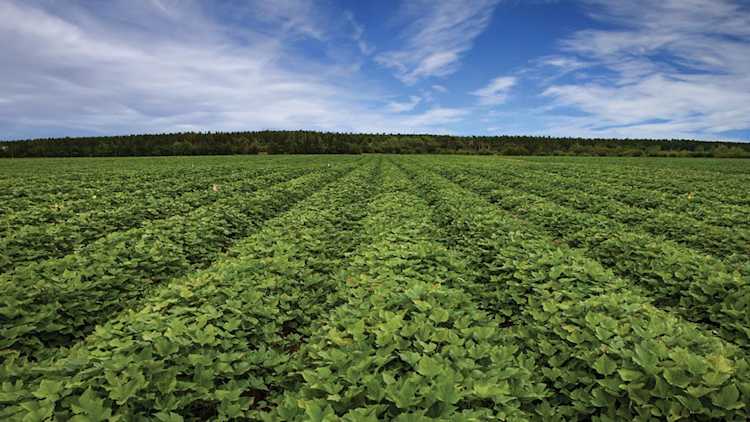Understanding long-term capital gains

Farmland values across the country have reached new heights and continue to trend upward. While there are benefits to a healthy market, the rise has some farmers asking “What will happen when I sell?”
It’s never too early to start planning for the transition or sale of your farmland.
How capital gains, or the difference between your cost base and the selling price of your asset, will impact tax is a common question for farm advisors.
Kyle Lopez, senior tax manager at BDO Canada, says the first step to determining your exposure is to understand the tax exemptions and deferrals specific to farmland.
Capital gains exemption
The Lifetime Capital Gains Exemption (LCGE) provides individuals with a significant tax break when it comes to disposing of assets. It may allow you to realize up to $1 million in capital gains tax free.
The catch is that the LCGE can only be applied against capital gains on qualified farm property, so your asset must meet the definition to be eligible. Qualified farm property can be land, buildings, shares in a family farm corporation, an interest in a family farming partnership or other property, such as quota.
The property must be owned by you and have been used by you, your spouse or common-law partner, parent, child or a family farm partnership or corporation. A “parent” includes grandparents and great-grandparents and a “child” refers to children, stepchildren, grandchildren and great-grandchildren.
If you purchased the property before June 17, 1987, the property must be principally used in a farming business by a qualifying person in the year of the sale. Alternatively, it must have been used for a farming business for any five years during its ownership.
Simply put, the property may not qualify if you’ve often rented it out.
For qualifying properties purchased after June 18, 1987, the situation is more complex. The gross revenue from farming must have exceeded net income from all other sources for at least two years. The property can also qualify if it was used by a family farm corporation or partnership for any two years and a qualified person is actively engaged on a regular and continuous basis in that farming business.
Transfer or sell?
If your farm meets the definition of a qualified farm property, an intergenerational transfer may be permitted. Even if your children don’t plan to farm, Lopez encourages you to consider this opportunity.
“You could transfer the land to a child over the age of 18 for now and it could be an investment opportunity for them,” Lopez says.
“The transfer could happen completely tax deferred and by gifting it to them, you’re disposing of the land at cost.”
In this scenario, the increase in value and the resulting tax impact will transfer to the child. Although this means the capital gain will be deferred, the child would likely be eligible for the LCGE if they choose to sell in the future.
If you sell farmland to a third-party, capital gains tax will be owed. But it’s a fairly low rate compared to a lot of other taxes, Lopez says. The current inclusion rate for capital gains is 50 per cent and the top tax rate varies by province. It’s a good idea to consult with your accountant on the specifics for your operation.
Some farmers choose to offset sales by making charitable donations or even donating an ecologically sensitive parcel of land, he adds.
Selling farmland can also affect income-tested benefits like the federal age tax credit and provincial credits. In the year of the sale, old age security income claw-back and the alternative minimum tax are other implications to consider.
Structure matters
If you own your farm outside of a corporation, the sale itself can qualify for the LCGE and intergenerational transfer.
Farmland held in a corporation is subject to a different set of rules. Selling the shares of the corporation can be eligible for the LCGE and intergenerational transfer, but selling a piece of land out of the corporation becomes a corporate sale. In the latter case, the corporation would have to pay tax upfront. Taxable and non-taxable dividends can be paid out to shareholders.
Planning ahead is key
It’s never too early to start planning for the transition or sale of your farmland. To maximize the opportunity for tax savings, Lopez recommends the following steps.
Make and keep records. Write down the ownership and usage history of your farmland. This information is important when it comes to determining your options for disposal.
Think ahead. What may happen to your land in the future? Is transition to a child a possibility or will it likely be a third-party sale?
Talk to your farm advisors. A well-rounded team of advisors can collaborate and provide guidance on the financial, legal and operational aspects to consider when discussing LCGE and intergenerational transfer rules. Share your plans and goals so they can help you structure your assets in the most effective way.
From an AgriSuccess article by Rebecca Hannam
